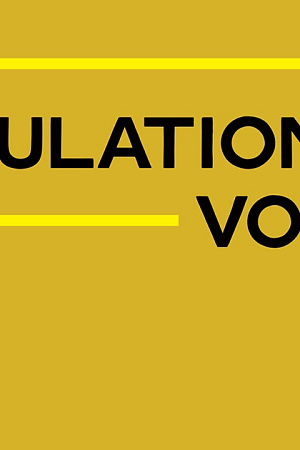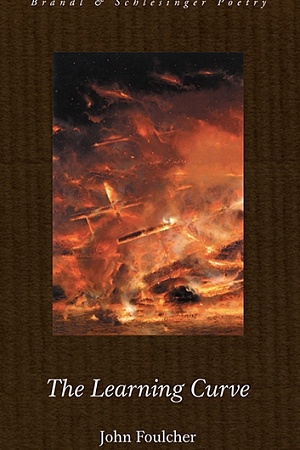Beowulf
Yale University Press (Footprint), $44.99 hb, 256 pp, 9780300228885
Beowulf by Stephen Mitchell
The Old English Beowulf, the most important poem in English before Chaucer, was probably composed in the eighth century. The poem traces Beowulf’s three fights against the monster Grendel, Grendel’s mother, and the dragon. The dragon is defeated, but Beowulf also dies in the battle. The poem ends with an elegiac lament not just for the loss of its hero, but also for the dissolution of the society that he represents.
The language, grammar, and syntax of Old English are so removed from present-day English that most people must experience the poem via a translation, and there have been many of these. The latest is by Stephen Mitchell, a very experienced translator, whose works include translations of the Iliad, Gilgamesh, the Bhagavad Gita, and the Tao Te Ching.
Continue reading for only $10 per month. Subscribe and gain full access to Australian Book Review. Already a subscriber? Sign in. If you need assistance, feel free to contact us.










Comment (1)
Leave a comment
If you are an ABR subscriber, you will need to sign in to post a comment.
If you have forgotten your sign in details, or if you receive an error message when trying to submit your comment, please email your comment (and the name of the article to which it relates) to ABR Comments. We will review your comment and, subject to approval, we will post it under your name.
Please note that all comments must be approved by ABR and comply with our Terms & Conditions.